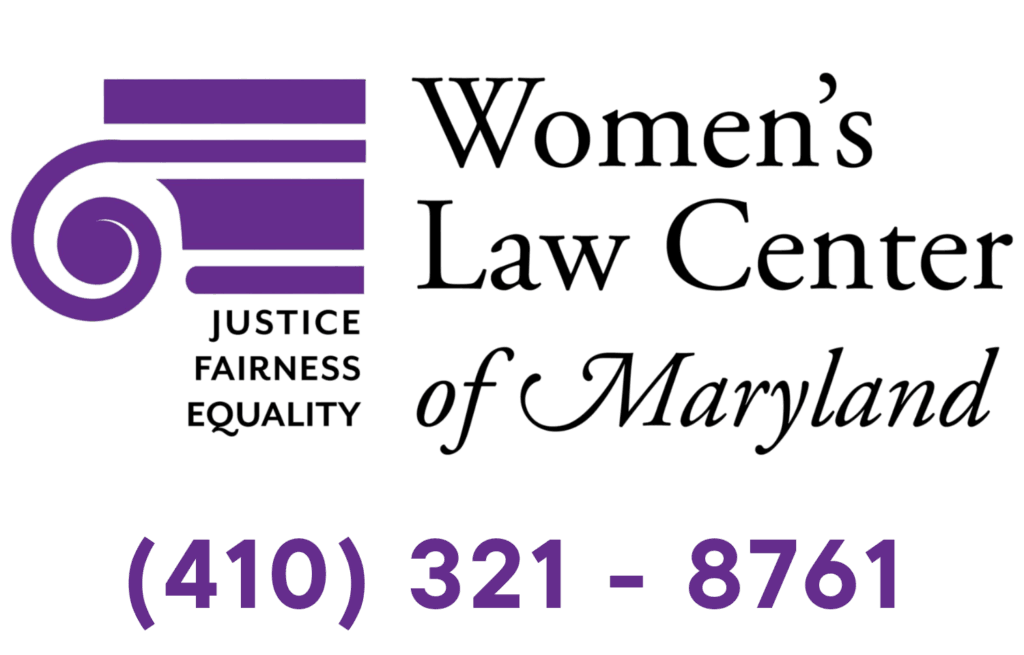PROTECTIVE ORDERS
All services of the Women’s Law Center of Maryland are free, confidential and – pending capacity constraints – available to all persons regardless of gender/assigned sex at birth, race, national origin, ethnicity, age, religion, as well as disability or veteran status. Accommodations, including translation services, are available upon request.

PROTECTIVE ORDER ADVOCACY & REPRESENTATION PROJECT (POARP)
The Protective Order Advocacy and Representation Project represents survivors of intimate partner violence at protective order hearings in Baltimore County and Carroll County, Maryland. WLC staff attorneys represent people who have been abused by an intimate partner (current or past boyfriend/girlfriend, current or ex-spouse) in proceedings to obtain protective orders, enforce protective orders through contempt, and modify existing protective orders.
FREQUENTLY ASKED QUESTIONS: PROTECTIVE ORDERS
What is a Protective Order?
A protective order (PO) is a court order that says one person must refrain from doing certain acts against another person. PO’s are Maryland’s version of a restraining order or stay-away order. Before the court can grant a final protective order, you must prove that the other person committed an act of abuse.
Examples of Abusive Acts
What counts as abuse for a PO?
assault;
an act that places a person in fear of imminent serious bodily harm;
an act that causes serious bodily harm;
rape or sexual offense, or attempted rape or sexual offense;
stalking;
false imprisonment;
revenge porn.
Protective Order Eligibility
Only certain types of relationships are eligible for a protective order. Your relationship qualifies if you:
are married, divorced, or currently separated;
are related by marriage, blood or adoption (this includes stepparents and stepchildren if they have lived with you for at least 90 days in the past year);
have lived together in a sexual relationship for at least 90 days in the past year;
are the parents of a child together;
have had a sexual relationship with each other in the past year;
are a vulnerable adult;
were raped or sexually assaulted by the other person (including attempts) in the past six months.
Any relationship that does NOT qualify for a protective order is eligible for a peace order. Those relationships include neighbors, strangers, or someone with whom you have a non-sexual dating relationship. Learn about peace orders.
Protective Order Safeguards
Orders granted at the beginning of your case (interim or temporary orders) provide short-term safeguards for a few days or weeks. The court can order the other person to:
stop abusing, threatening, or harassing you;
have no contact with you;
stay away from your home, work, or school;
leave your home (if you are married OR if your name is on the lease or deed).
Your order might also address temporary child custody, possession of a pet, safeguards at child-care providers, and possession of firearms.
Orders granted at the end of your case (final protective orders) provide safeguards for up to a year, and can be renewed. The court can order those safeguards listed above, plus the following additional provisions:
use and possession of a jointly owned vehicle (your name must be on the title);
counseling for domestic violence or substance abuse;
a temporary child access or visitation schedule;
emergency family maintenance or financial support.
